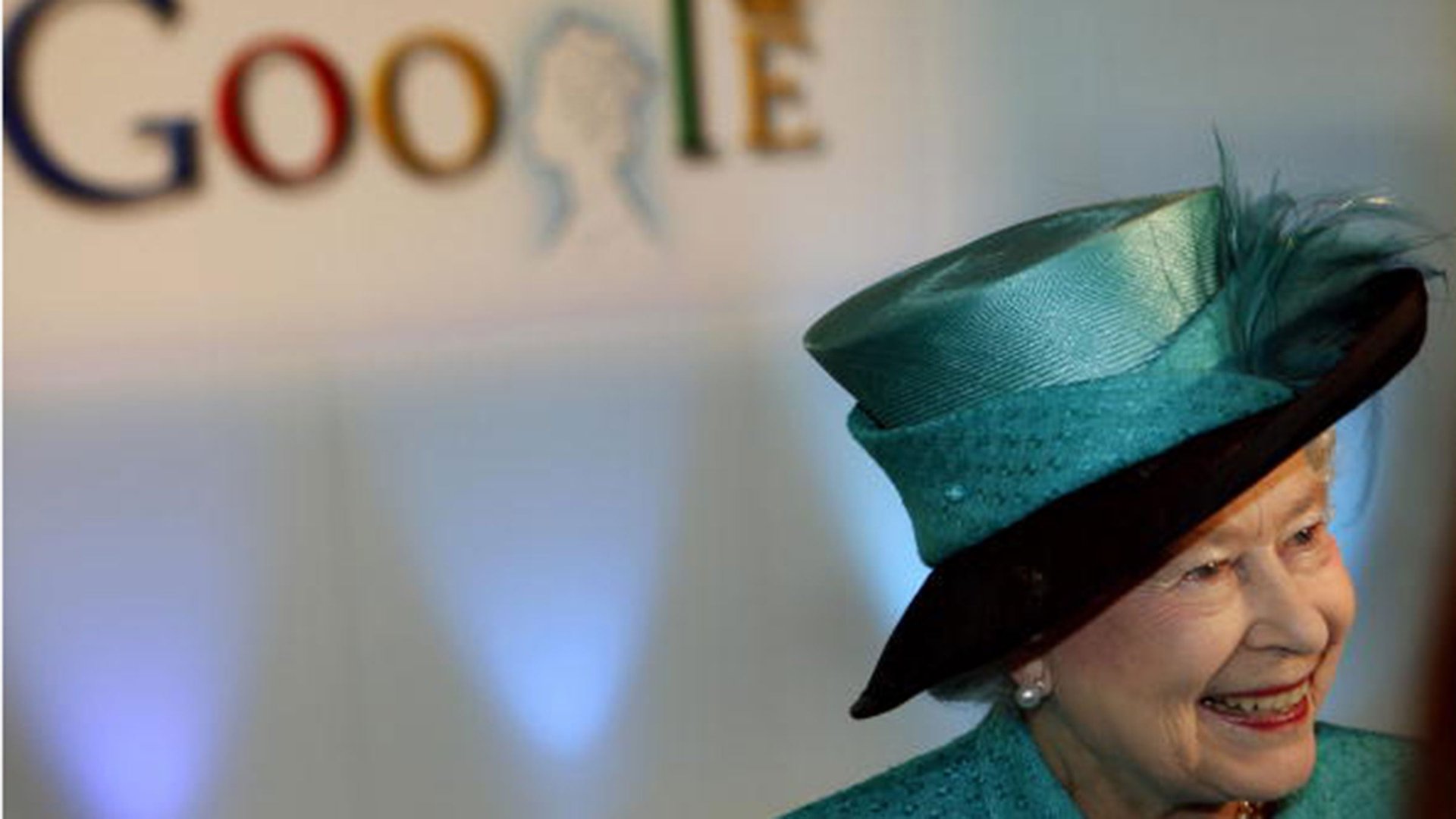What Amazon, Google, and Starbucks said to MPs about why they pay little or no UK tax
Today a British parliamentary committee mercilessly grilled executives of Amazon, Google, and Starbucks on how they manage to sell billions of pounds worth of books, online ads, and lattes, while paying relatively little, if anything, in UK tax.

Today a British parliamentary committee mercilessly grilled executives of Amazon, Google, and Starbucks on how they manage to sell billions of pounds worth of books, online ads, and lattes, while paying relatively little, if anything, in UK tax.
The UK’s Management Today did some math. Its calculation shows that on combined sales over the past three years of £3.1 billion ($4.9 billion) from Amazon, Facebook, Google, and Starbucks, a paltry £30 million in corporation tax was paid between all of them. Starbucks paid nothing, after showing zero profits for the past three years.
No one has suggested that the companies did anything illegal—they are simply taking advantage of the tax codes as written. But with debt strangling Europe’s economies, it’s starting to look, even to the lawmakers who made the rules, a little unseemly, and the rules may need changing.
Ahead of the parliamentary Public Accounts Committee meeting, Margaret Hodge, its chairperson, said:
It is hard for the ordinary person to believe it’s fair. It makes people incredibly angry in the current fiscal climate.
The committee seemed more than a little angry too as they questioned witnesses including Matt Brittin, vice president of Google’s northern and central European sales and operations, Troy Alstead, Starbucks’ chief financial officer, and Andrew Cecil, Amazon’s director of public policy.
Here’s the discussion, in a nutshell:
Starbuck’s Alstead got the honor of going first, greeting a faintly disdainful committee. He restated numerous times that this isn’t about tax avoidance. He said the company has paid UK tax, but not corporate tax because Starbucks has only made a profit one year since opening in the UK in 1998. He blamed losses on an overly-aggressive expansion strategy that meant leasing properties in expensive locations. Meanwhile, he said, Starbucks pays a 21% tax rate outside the US, including taxes in Switzerland where it trades coffee and in Amsterdam, where it pays a “favorable rate” on royalties from intellectual property. He said:
We’re never aggressive about avoiding taxes by any means.
The response from the committee was dubious. MP Austin Mitchell failed to believe the company hadn’t made a profit in the UK, saying:
You’re either running the business very badly or there’s some fiddle going on.
Cecil of Amazon went next, but his statement that the company has never disclosed sales figures by country met with hostility. The committee also took issue with the fact that Amazon’s main economic activity clearly takes place in the UK, where it employs some 15,000 people, versus Luxembourg, where there are roughly 500 employed at what Amazon treats as its headquarters, and yet the UK arm paid less than £1 million in tax last year. Cecil said he’d need a calculator to work out its Luxembourg tax, and then enraged the committee further by failing to answer who owned the Luxembourg holding company.
Cecil attempted to put a good spin on matters by promoting the fact that it would hire thousands of people this holiday season, and said the company did pay corporate tax in the UK, along with plenty more non-corporate taxes. This sparked an outburst from Hodge, who said that local companies that Amazon was putting out of business paid these too. Ultimately, Cecil was dismissed as being “totally evasive”, and Hodge asked that someone else from Amazon appear before the committee to answer their questions.
Google’s Brittin went last, and at first calmed the room by giving what the committee viewed as reasonably straight answers. He explained that the company chose Ireland as a base because of its competitive 12.5% tax rate, and tech-savvy workforce. He said the company paid corporate tax on the activity in the UK, and it was also true that Bermuda is a part of its operations in part to protect intellectual property rights, and as a tax haven. “We’re paying the tax required under the law,” said Brittin.
Brittin’s calm, easy-going demeanor kept tensions in check. But overall the committee wasn’t convinced by his argument that the US businesses’ structure played by the rules, and that if Google were founded in the UK this would be a different story. He said that in Google’s case the main economic activity and profits were ultimately driven in America where the bulk of research and development, engineering, and innovation took place.
Pressure on lawmakers is growing to find ways to fill budget gaps, and that pressure was evident in the hearing room. At one point, a member of parliament mocked the Google motto “Don’t be evil”, suggesting something evil was going on right here. In the end, though, it was the frequent assertion, particularly by Starbuck’s Alstead, that the company was not avoiding taxes in any way irritated lawmakers the most. The unrepentant tone led committee chairwoman Hodge to clarify:
We’re not accusing you of being illegal, we’re accusing you of being immoral.
Parliament, of course, can pass laws to make what it considers “immoral” illegal. Nobody asked the MPs why they hadn’t done so.